Women are central contributors to peace processes. But the crucial roles that women play in transitions from war to peace are rarely acknowledged. The focus on the negotiating table and formal politics – the diplomatic aspects of conflict resolution – is a too narrow understanding of peace processes. Recent case studies on Somalia and Bosnia found that such a narrow focus has undermined the many arenas in which women contribute. It is necessary to reconsider the way we think within the field of ‘Women, Peace and Security’.
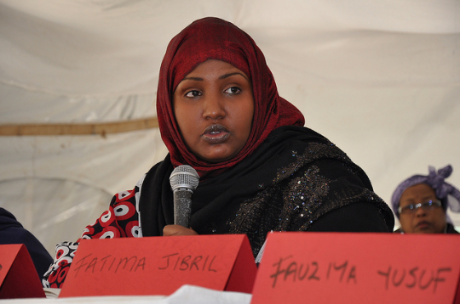
Fatima Jibril, Founder of Somali Horn Relief International, speaking at the Global Open Day for Women and Peace 2010. (Credits: UNIFEM)
Peace is not created at the negotiating table alone. In countries struck by armed conflict whole populations are severely affected. Peacebuilding does therefore not merely happen on paper, but in the people and societies where peace is to be created. Peace mediators and other relevant actors need to broaden their horizons. By examining women’s roles a more thorough understanding of peace processes can be obtained. When men go to fight, women often become the main providers of their families and relatives and take over many of the roles previously occupied by men. In transitions from war to peace, women are active in various societal arenas such as through civil service, education and voluntary organisations. Women therefore have knowledge and experience that is crucial for societal transitions towards more sustainable peace.Read More
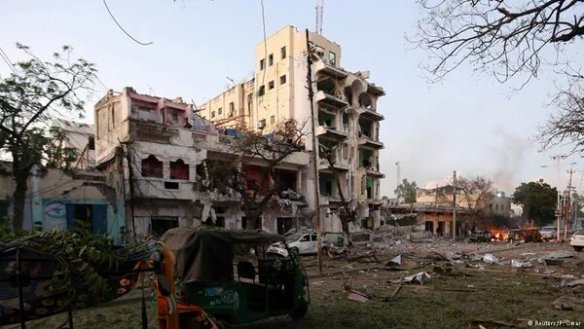
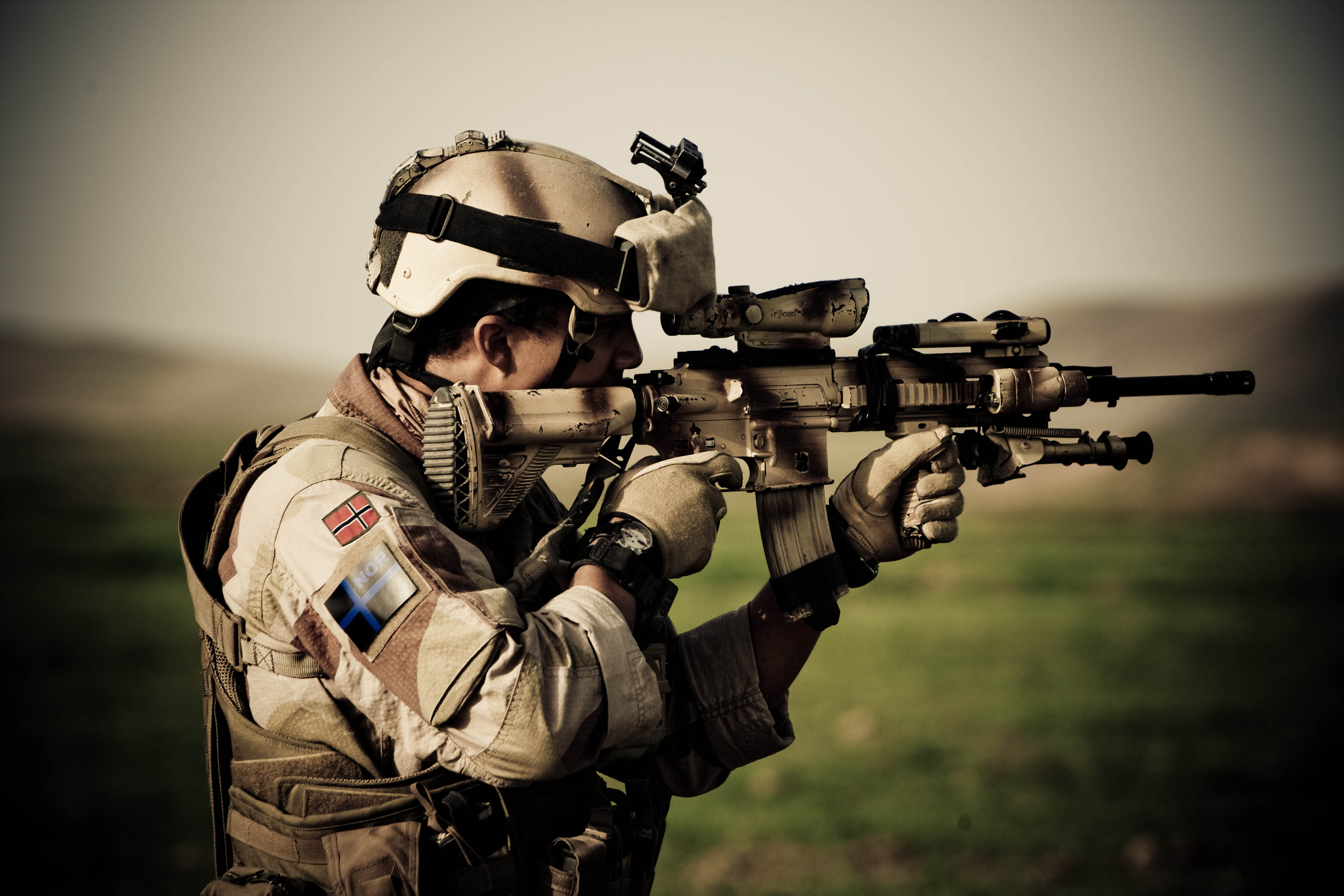
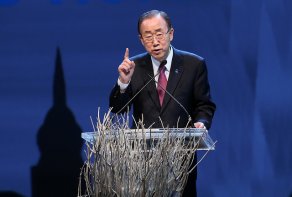
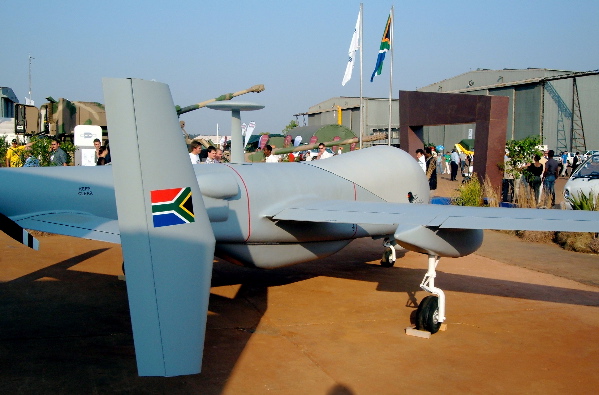
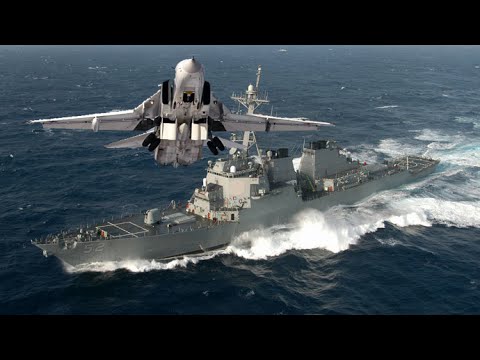
 On Friday 27 May 2016, PRIO celebrated Ola Tunander’s 30-year academic career with a seminar on ‘
On Friday 27 May 2016, PRIO celebrated Ola Tunander’s 30-year academic career with a seminar on ‘